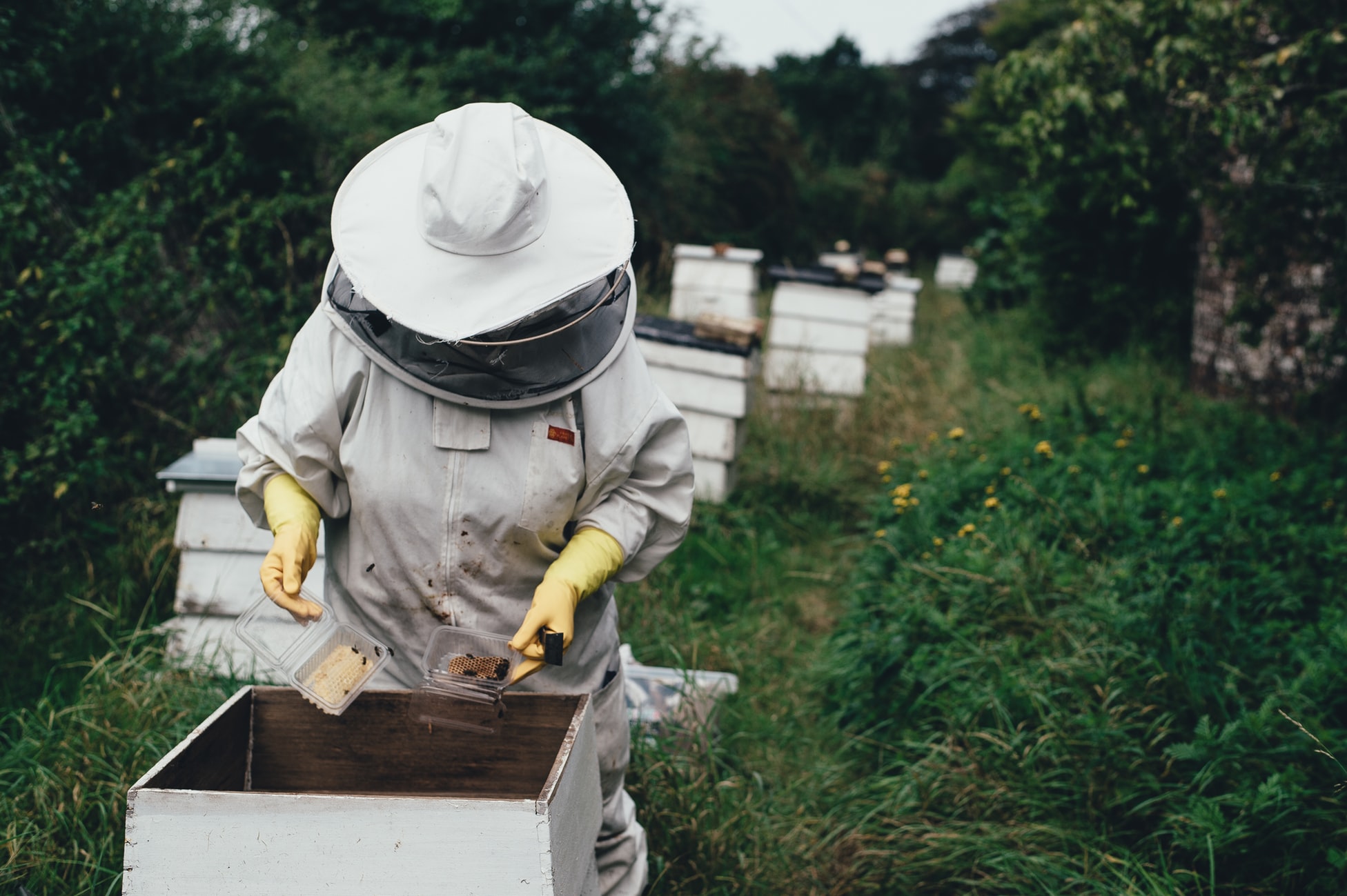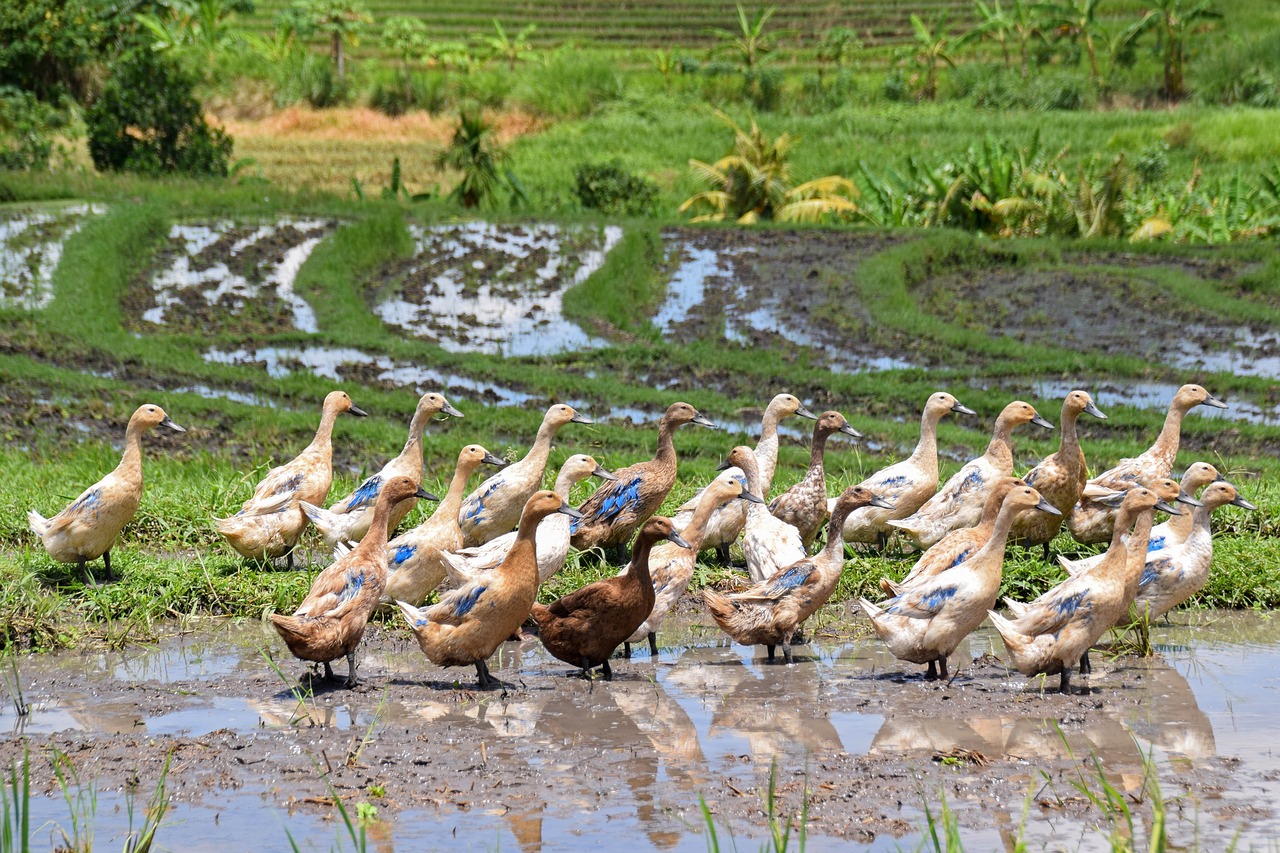
French authorities this month unilaterally outlawed a further two US pesticides which ecologists deem harmful to bees, in addition to the five pesticides already prohibited across France.
Products containing sulfoxaflor liable “to present a major risk of toxicity” says court
On Wednesday 4 December a court in Nice, ruling in a case brought by two ecological associations, banned two products from US group Dow AgroSciences, on the grounds that their containing sulfoxaflor was harmful to bees’ nervous systems. The court said sulfoxaflor was liable "to present a major risk of toxicity" to pollinators.

It’s not the first time France has acted unilaterally in banning pesticides
France has a history of acting unilaterally when it comes to banning pesticides it’s researchers deem pose a threat to pollinators.
While the rest of the European Union voted to outlaw the use of three neonicotinoids; clothianidin, imidacloprid and thiamethoxam, in crop fields starting on 19 December 2018, France went ahead and banned those three, but also thiacloprid and acetamiprid, not only outdoors but in greenhouses too.
The court suspended the Transform and Closer brands products from sale in 2017 after they had received initial clearance from the French food and safety agency Anses.
Sulfoxaflor is designed to help protect fruit and vegetables against greenfly but some studies have suggested it can cause harm to bees—whose declining numbers are already a cause of concern in numerous countries—affecting their central nervous systems and disorientating them.
Dow AgroSciences, the maker of the products concerned in 2017, rated the sulfoxaflor-containing product lines as less harmful to biodiversity than a range of other pesticides which European authorities have increasingly restricted over the risk they are feared to pose to bee wellbeing as well as to aquatic life and fish.
Dow AgroSciences is now known as Corteva after Dow Chemical and DuPont merged two years ago.
The Nice court found that measures to reduce any risk to bees by for example not applying the pesticide during the blossoming season were not sufficient to permit its use, citing previous concerns highlighted by EU authorities.
The court also ruled that Dow AgroSciences and Anses should pay both the associations who brought the legal action 1,500 euros ($1700) and urged tighter oversight for the authorisation of products which Francois Veillerette, director of Generations Futures, one of the bodies who brought the case, said could be "disastrous for biodiversity or human health."
Source: Phys.org
RELATED: EU AGREES TO A TOTAL BAN ON BEE-HARMING PESTICIDES: WHY BEES ARE SO IMPORTANT TO OUR PLANET

DUCKS, NOT PESTICIDES! AN ANCIENT CHINESE FARMING METHOD IS CATCHING ON WITH FARMERS WORLDWIDE
Farmers in China, Japan, Iran, Nepal and France are beginning to return to an ancient Chinese method of rice farming, using more ducks and fewer pesticides. As the use of industrial technologies is posing an ever-growing threat to the environment, some farmers are turning to this ancient wisdom to produce an environmentally sound and highly sought after commodity. Learn more.
HOW TO HELP BEES: 8 PRACTICAL ACTION STEPS YOU CAN TAKE TO BEFRIEND BEES AND MAKE A REAL DIFFERENCE
The news is abuzz with hair-raising headlines about global bee health, but what can we actually DO as individuals to help our little friends? The good news is there are plenty of ways you can get involved. Here are 8 ways YOU can do your bit to help bees wherever you live.